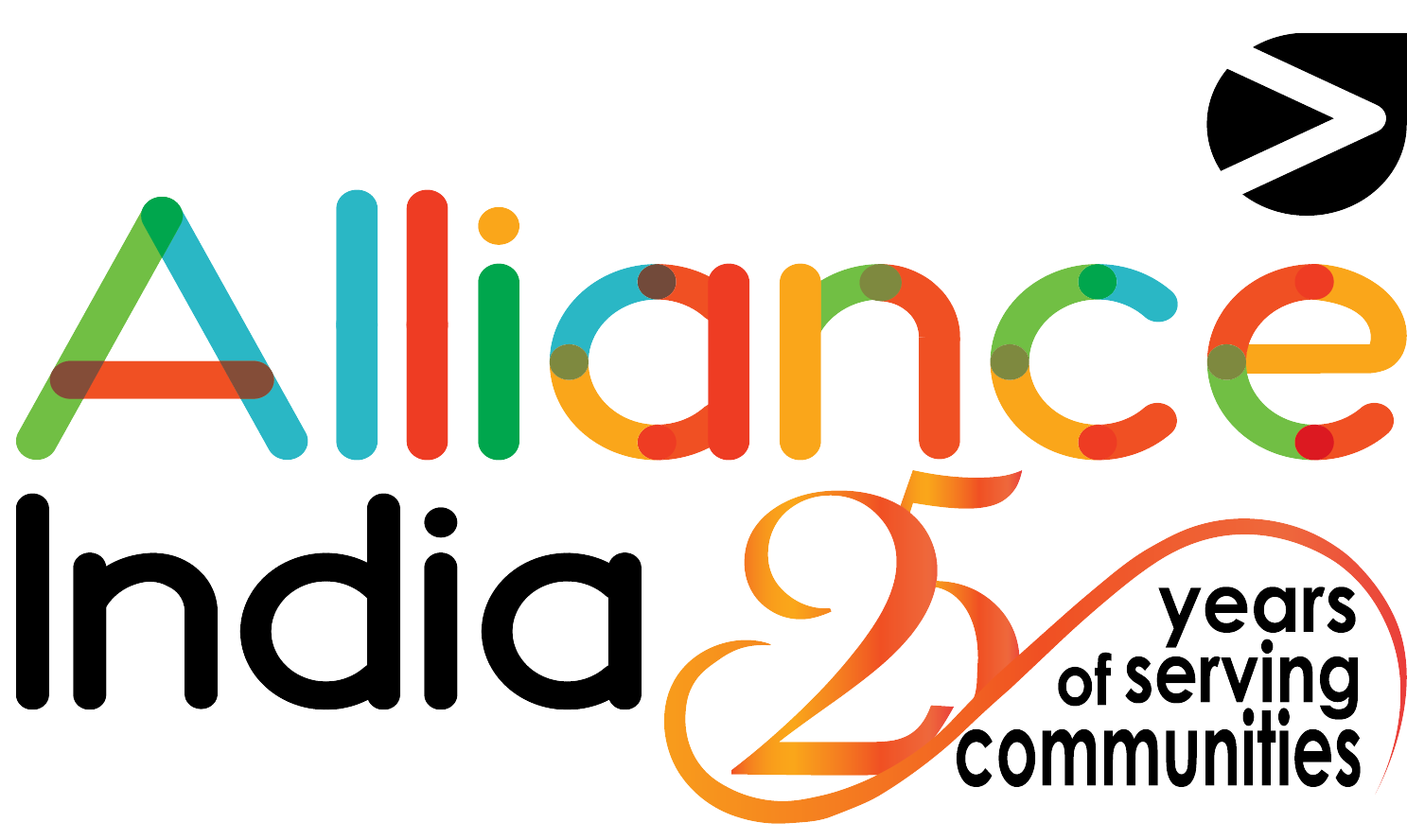New Optimism, Old Challenges: Prioritizing High-Risk Groups at the Frontline of AIDS
In a new opinion piece published December 1st on OneWorld South Asia to commemorate World AIDS Day, Alliance India’s James Robertson argues that while India’s admirable progress in achieving a greater than 50 percent reduction in new HIV infections deserves accolades and emulation, it should not be mistaken for victory over the epidemic:
2012 has been a year of heightened public optimism about the future of HIV/AIDS. From UNAIDS audacious “Getting to Zero” campaign to US Secretary of State Hillary Clinton’s aspiration for an “AIDS-Free Generation,” everywhere it seems that the end of AIDS is finally on the horizon.
New strategies and new tools have injected new hope into the global response. Last summer’s International AIDS Conference was abuzz with the potential that antiretroviral treatment has to prevent HIV transmission by reducing a treated person’s infectivity. Our investments in treatment can now be understood to contribute to limiting the epidemic’s spread: a virtuous cycle of responsible public health.
Yet this optimism has emerged as governments and donors are questioning the scope and scale of their HIV funding. Excitement notwithstanding, who will fund treatment as prevention when we still struggle to fund treatment as treatment? In low and middle income countries, we’re a long way from relying on drug regimens to control this epidemic. Barely a quarter of the 34 million HIV-positive people around the world are currently being treated, and the quality of care remains variable at best.
Political will to scale up treatment has not yet coalesced, and even if it does, it will not suffice. Pharmaceuticals and other tools remain only part of what is needed for us to master this epidemic. Expansion of treatment must be coupled with more and better-focused prevention. We need to significantly increase our efforts to address HIV among those most at-risk, even if they are not politically popular or socially accepted. And we must address larger structural factors that continue to impede our progress the world over.
To read the complete article, please click here.
_________________
James Robertson is Country Director of India HIV/AIDS Alliance in New Delhi.
Other Recent Articles
- Youth Voices: Life with HIV in Contemporary India 26 September, 2023
- Empowering Transgender Community to create an Equal World 20 July, 2023
- Combating Stigma and Discrimination Among People Living with HIV 7 July, 2023
- Understanding the Significance of HIV Testing: Impact on Individuals, Relationships, and Society 22 June, 2023
- Empowering Lives during Unrest l Our Commitment to Manipur 5 June, 2023
- Empowering the Transgender Community: Alliance India Initiates Transgender ID Card Registration Drive 17 May, 2023
- The Struggle of Embracing Identity- International Day Against Homophobia, Transphobia and Biphobia 17 May, 2023
- Innovaccer Provides Support to Ensure Quality Health Services to Children Living with HIV 5 May, 2023
- The Essential Role of Social Protection Schemes for People Living with HIV 13 April, 2023
- Marriage is only between a biological male and biological female,” Centre tells Supreme Court 14 March, 2023
- Made by Nicdark - Copyright 2020
- donations@ong.com
- volunteers@ong.com
- contact@ong.com
India HIV/AIDS Alliance (Alliance India)
A not-for-profit Section 8 Company with Registration No: U85310DL1999NPL098570
Contact
-
6, Community Centre
Zamrudpur Kailash Colony Extension
New Delhi – 110048 - +91-11-4536-7700
Download
Quick links
©2021 All Rights Reserved by Alliance India



Leave a Reply